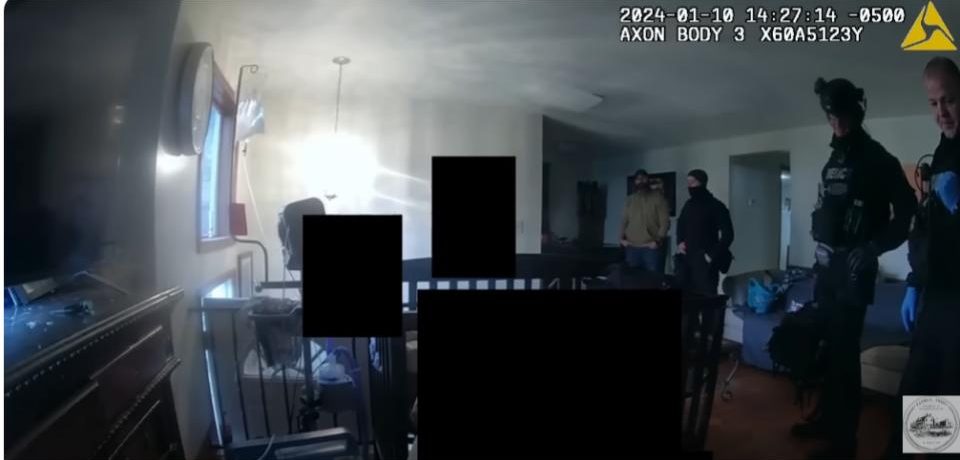Two cases of potential police abuse, from Elyria and Warren, have made national headlines in January. First, in a shocking scare, an infant in Elyria was assessed for injuries after the Elyria Police Department – EPD – executed a no-knock warrant with flashbangs against the homeowners, allegedly leading to the injury of 17-month-old Waylon May according to his mother Courtney Price
Second, a federal judge found in a civil suit that not only was Trumbull County Auditor Niki Frenchko unconstitutionally detailed by the Warren Police Department – WPD – but that the sheriff was guilty of directly violating her constitutional right to freedom of speech.
In both of these cases, there was, and is, a deep concern about the operating procedures of police forces in our Ohio communities, and questions as to where and when other such startling acts may occur.
Let’s look at the case of Waylon May, a premature infant who was in Ohio with his mother to receive treatment at the Rainbow Babies clinic. According to the child’s mother, Courtney Price, she heard the loudest knock of her life at the door, followed by smoke from flashbangs. The EPD, when responding to criticism after the event, mentioned that there was indeed no smoke and no injuries to the child from the flashbang.
However, after some independent research, according to Police Magazine, there have been fatalities from flashbangs, and more revealing still, for a flashbang to work, they heat quickly up to “1,000 degrees Fahrenheit”. With such fiery intensity in mind, in a house with any average furnishing of wood, newspapers, or carpeting, would it be surprising that where there is fire, there is potentially smoke too?
Regardless, young Waylon May is still being treated in the hospital as of the day of publication. It should be noted that the original target of the warrant, a teenager possessing illegal firearms (a child Courtney Price claims to have no association or relation with) is still at large. As a result, “her baby suffered”.
Luckily, such concerns about police misconduct can be appealed, in our courts through judicial action. Niki Frenchko, a county commissioner in Trumbull County, her seat being in Warren, Ohio found out recently that police can be held to account for their actions.
In the summer of 2022, Commissioner Frenchko was arrested by WPD after making disparaging remarks about the conduct of the Sheriff of Warren in a meeting – one that she was in charge of. In a now-viral video posted forward by The New York Times, deputies can be heard stating she was arrested for being disruptive according to the meeting’s chairs – despite Frenchko being said chair.
After a year-and-a-half of court procedures and finally a trial, Judge Calabrese of the U.S. Circuit Northern Ohio District found that in the Frenchko civil liberties case, “Frenchko’s arrest was unlawful and a violation of state and federal law” including her First Amendment free speech rights.
OIPU JCU Faculty Advisor and Political Science Professor Sara Schiavoni, when asked about these incidents, mentioned that “In the Trumbull County case, civil suits, which show the culpability of the sheriff, could potentially deter misconduct, by showing personal liability. In Elyria, the case is so fresh though, over time, we can hopefully find the truth of misconduct or not.”
Whatever you think of either of these cases, there is certainly room to question local police practices in our wider community.


